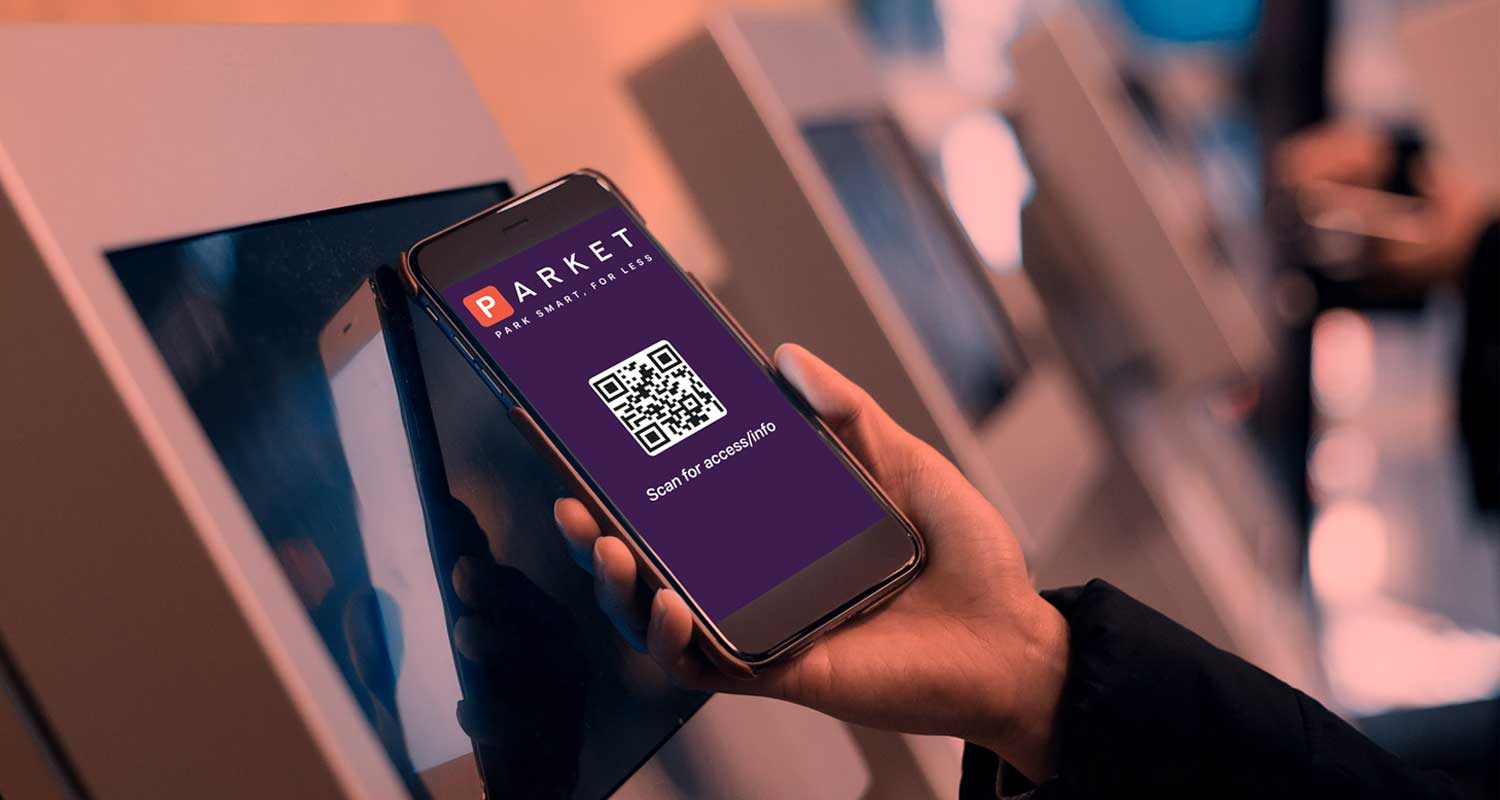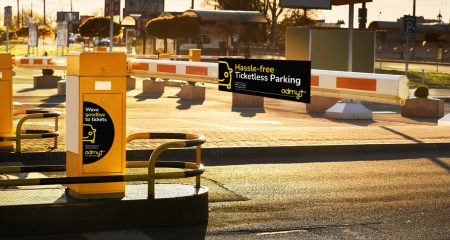
Major South African cities have long harboured dreams of becoming smart cities. In the case of a city such as Johannesburg, this means building an urban environment that is connected, intelligent and safe, as well as creating a sustainable and liveable city.
It also means smart mobility, though these aspirations are thwarted by hugely inefficient parking for most parts of the city. And Parket has just officially launched in Johannesburg and is offering landlords and businesses a free, no-obligation three-month trial to help out.
For more information, please visit parket.co.za
It’s true: parking is once again becoming a nightmare as parking lots around the city edge closer to pre-pandemic levels. As a result, there are motorists driving up and down — wasting time and fuel — looking for parking while right next to them might be buildings with vacant bays that could be used instead. In addition, a shift by some organisations to full-time hybrid working has seen them cut down on parking spaces with employees taking turns on which day of the week to come into the office. How can they efficiently manage all of this?
Parket, a modern internet of things (IoT) platform, not only matches demand with supply, but does so in a far more cost-effective, real-time and seamless way. This brings numerous benefits to landlords, who can better manage parking for tenants, while office park managers and retail centres can significantly improve user experience for employees, visitors and shoppers by digitising their parking. After all, people use mobile apps daily to do almost everything — so why not for parking, too?
Parket can help anyone operating parking lots — or has vacant parking to spare — harness the next wave of parking technology that is contactless and offers robust parking management features. It also boosts their sustainability by getting rid of parking tickets and there’s no need to worry about maintaining the always broken pay points that are much cause for user frustration. It addresses this challenge through the use of a mobile app, cloud-based dashboards and contactless technology, including using automatic licence plate recognition to let users in and out. Furthermore, the IoT Sim cards used by the parking machines ensure that there is always direct communication between parking lots and those managing them.
Of course, modern businesses know that customer centricity is key, and it is no different with Parket’s approach. In the full knowledge that not every user will want to download an app to their mobile device, motorists at a parking lot or retail centre can pay through scanning a QR code, while once-off visitors to a business in an office park can also be sent the QR access code via text or instant messaging for ease of access.
Maximise your parking’s potential
Parket’s cloud-based dashboard enables those managing and operating parking lots (or simply landlords looking to make the most of vacant bays) to easily manage their inventory, better monetise their parking spaces and even have previously empty bays filled in order to become an additional revenue stream. Parket can analyse the data collected over time in order to identify usage trends over time in order to enable overselling — after all, vacant parking lots don’t make money.
Parket also creates an up-to-date directory that the public can easily access in order to find the nearest — or best — parking spot for their next trip into the city. This could be at a shopping centre or a parking lot, or even at an office park or a private building that is managed by Parket and has vacant parking. Similarly, even businesses in the hospitality sector can monetise any vacant parking space that they might have. It can even be used at a busy hospital, for example, in order to relieve traffic congestion. The use cases of this modern technology are numerous.
 For office parks, landlords can provide separate dashboards for their tenants, which in turn can easily manage parking for employees, as well as visitors. This information can then be accessed by the landlord so that they know how much tenants need to be charged for parking. This is all done seamlessly, reducing administration requirements for both landlord and tenant while also getting rid of manual processes that can be prone to data capturing errors.
For office parks, landlords can provide separate dashboards for their tenants, which in turn can easily manage parking for employees, as well as visitors. This information can then be accessed by the landlord so that they know how much tenants need to be charged for parking. This is all done seamlessly, reducing administration requirements for both landlord and tenant while also getting rid of manual processes that can be prone to data capturing errors.
Increase your revenue while reducing costs
The commercial benefits all add up: as an example, one of Parket’s customers, the Christiaan Barnard Memorial Hospital (formerly City Park Hospital) doubled its parking revenue within six months, albeit against the backdrop of a rebounding regional economy, and demonstrates how IoT technology can be used to bridge the supply and demand for parking bays, while also generating revenue for customers.
Based on its success in Cape Town, Parket is officially launching in Johannesburg to bring the city’s landlords and businesses a better way to manage parking in the city. Not only will this help relieve congestion at parking spaces, but will assist the broader community in its bid to improve sustainability and drive smart mobility solutions on Johannesburg’s path toward becoming a smart city.
For more information, please visit parket.co.za
Beyond the increased revenue, Parket helps landlords and parking lot operators to cut down drastically on spending. Not only is legacy parking infrastructure extremely inefficient, it comes with the exorbitant costs, including for ticket issuing and reading machines at the entrances and exits, parking payment machines for those who want to use cash, as well as more complex machines that cater for those wanting additional payment methods such as by card or QR code.
Are you a landlord or business looking for a turnkey IoT parking solution that cuts capital expenditure by up to a factor of 10, while providing a fully digital, contactless interface that draws in motorists because of the convenience and seamless user experience? Contact Parket today for a free, no-obligation, three-month proof-of-concept trial at your parking lot, and experience the benefits for yourself.
About Parket
Parket is a smart parking management software platform company that is headquartered in South Africa. Having commenced operations in early 2019, the company is fast becoming recognised as the disruptor in the parking management and access control space. The organisation owns its IP, which it developed here in South Africa.
Today, Parket delivers an intuitive software management platform that interfaces seamlessly with IoT driven access technology to bring about real business change that landlords and parking management companies are striving for.
The company has introduced a No-Touch, cashless and ticketless parking system that comprises licence plate recognition and QR code-enabled access with mobile app-based pre-booking and payment facilities. Going beyond alleviating the frustrations of searching for parking in busy cities, Parket aspires to impact the environment positively through reducing greenhouse gas emissions associated with circling/cruising for parking and through eliminating the use of consumables relating to ticketing.
For more information, please visit parket.co.za.
- The author, Joshua Raphael, is Parket founder and CEO
- This promoted content was paid for by the party concerned


